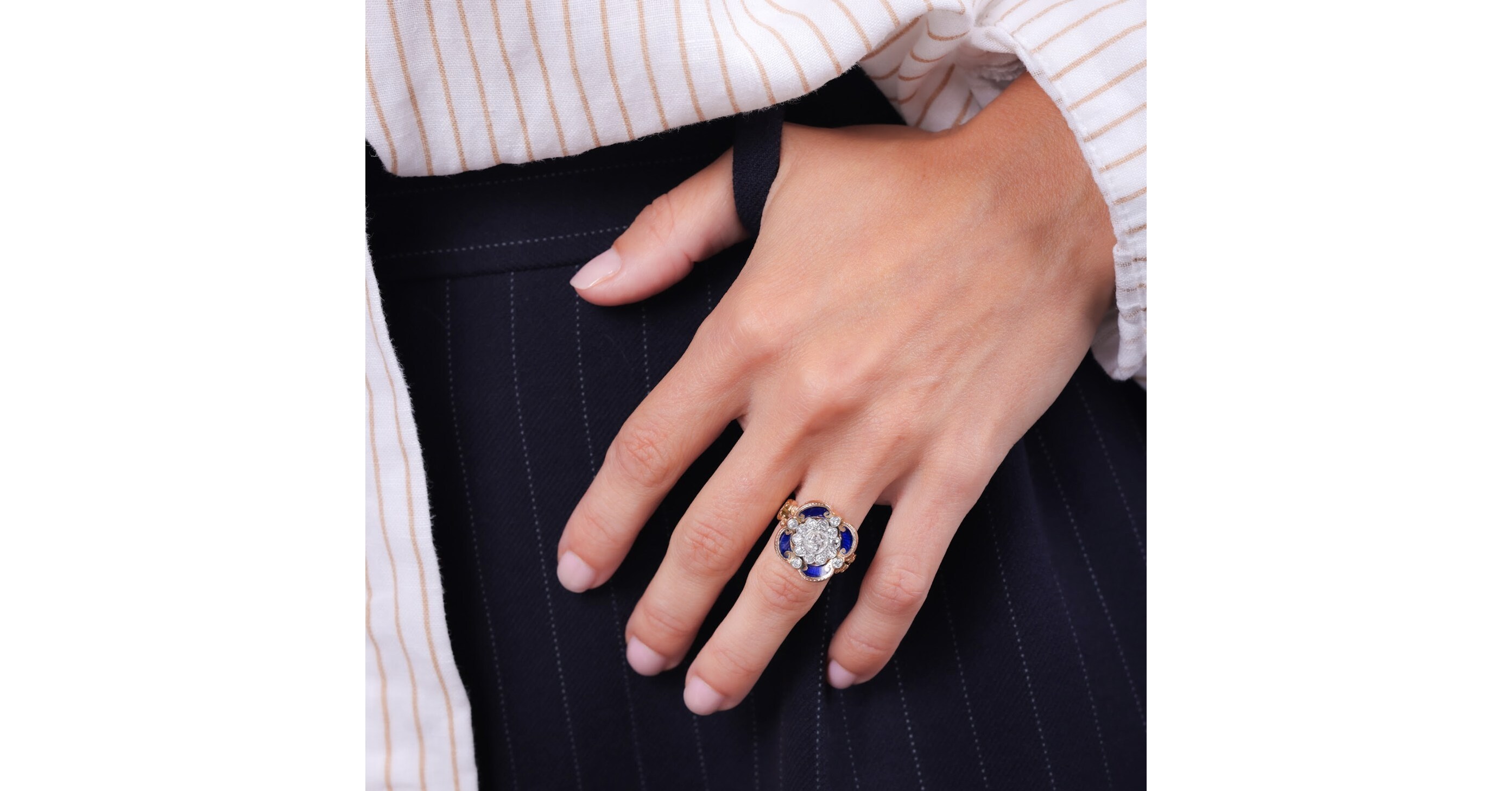Morton's – the owners of the Victoria Bakery in North Road and the Edinburgh Cafe in Church Street – advertised in the St Helens' newspapers that they were the first retailers in the town to be selling their loaves in hygienic wrappings. All bread was then unsliced and, of course, if kept sealed it would also retain its freshness for longer. Although there's nothing quite like the aroma of a freshly baked loaf, by the time unwrapped bread arrived in a family's kitchen it could well have been a health hazard.
That was because of the number of grubby hands that may have mauled the loaf and the dirty surfaces it might well have come into contact with. Advert in the St Helens Reporter of August 29, 1924 (Image: St Helens Reporter) Unwrapped loaves would often get thrown about and delivery boys would accidentally drop them on the street, pick them up and just carry on with their deliveries. In describing the state of things in the capital, the Daily Mirror in the 1920s wrote: "In America, the hygienic importance of the wrapped loaf is generally recognised.
London continues to eat dirty bread." In St Helens during this period bread was made by a cottage industry of producers. As well as branded bread that was distributed in many towns like today, big St Helens' bakeries – such as the Co-op and Swifts – baked hundreds, if not thousands, of loaves each day.
A lot of small shops in the town also had their own little bakeries out back and in addition many housewives baked their.


















